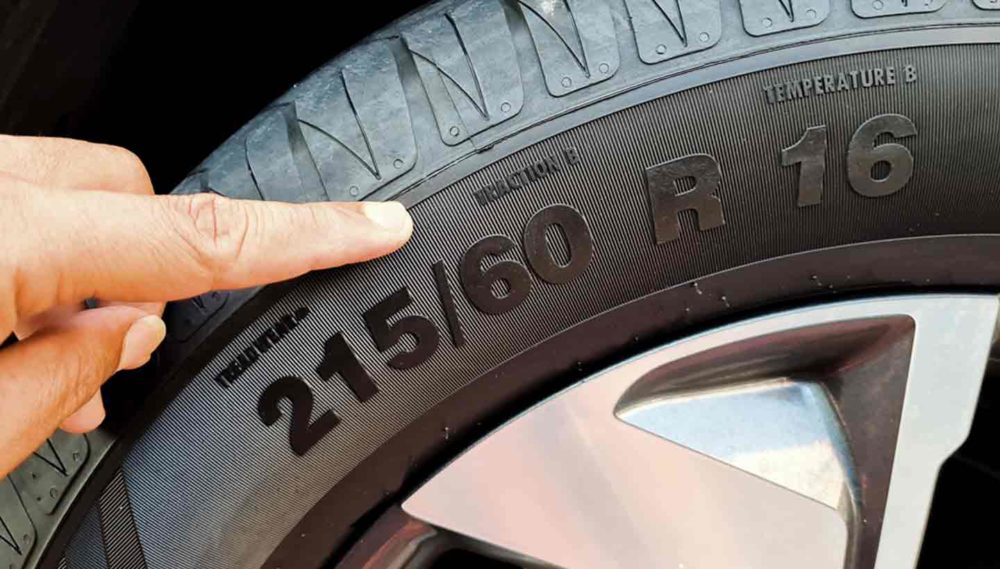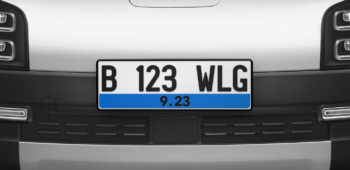Types of Car Tire Treads and Their Functions
20 March, 2024

Car tires have tire threads or tire treads which help remove water or sand more quickly when traveling on slippery or sandy roads. This allows the car to have good grip or traction when passing through slippery or sandy roads.
Apart from that, tires are an important part of a car’s legs which are made of rubber. The size of car tires that are specially designed and precise greatly affect their performance when used. Because tires are in direct contact with the road, tire condition and quality are very important for driving safety.
Most people who use vehicles may not realize the importance of tire tread pattern. Tire tread patterns, also known as “treads”, not only make the tire look more attractive, but this type of pattern has been designed in a certain way to perform a specific function. The following is a complete review of the meaning of car tire tread, pattern, function and depth.
What is Car Tire Tread?
Tires function to carry loads and allow vehicles to accelerate, brake, and turn. However, tires are selected for the performance you expect from them, depending on your use.
A tire is designed in a way that will make it perform better in a variety of environments. The tread also plays an important role in achieving certain performances.
Tire tread has several names, such as tread and thread band, which refer to the bottom part of the tire in direct contact with the road surface. The tread of this tire consists of a special pattern and design designed to provide optimal traction, stabilization, and performance on various types of road surfaces and weather conditions.

Tire Tread Function
Not just as decoration or random patterns. Tire tread has a very important function to support comfort and safety when driving on the highway.
-
Traction
The tire tread is designed to provide maximum traction between the tire and the road surface so that the car can move safely and efficiently, especially when accelerating, turning, or stopping.
-
Water Flow (Drainage)
The tire tread is also designed to drain water from under the tire when driving on wet roads. The patterns and grooves in the tire tread help prevent water accumulation under the tire, which can reduce the risk of hydroplaning and improve tire grip.
-
Stabilization
The tire tread pattern also helps maintain car stability, especially when maneuvering or driving at high speeds. The right pattern can help reduce the risk of slipping.
-
Noise Reduction
Some tire tread designs are also designed to reduce the noise produced when the tire comes into contact with the road surface, providing a more comfortable and quiet driving experience.
Tire Tread Pattern
There are several tire tread patterns that are commonly used by car manufacturers today. This tire tread is also quite easy to find in various variety and car tire shops. Here are some commonly used tire tread patterns.
-
Symmetrical Tread
Symmetrical tire tread patterns have similar patterns on both sides of the tire, both inside and outside. The pattern is symmetrical between both sides of the tire, so the installation can be reversed between the right and left sides of the tire.
Because symmetrical patterns form grooves or gaps in the same direction between the two sides of the tire, tire grooves with symmetrical patterns have the aim of removing water. In addition, tires with a symmetrical pattern have another benefit, namely lower sound levels.
-
Asymmetrical Tread
The tread pattern of an asymmetrical tire differs between the inside and outside of the tire. The inner side of the tire pattern is larger than the outer side of the tire to increase tire traction on asphalt on wet roads, while the outer side of the tire is smaller to maintain tire grip when the vehicle turns or bends.
-
Directional Tread
The tread pattern of this tire has a shape that resembles an arrow shape or a V shape. This pattern design is designed to break up water when driving through puddles of water on the road surface. This puddle of water can cause the vehicle to lose grip or traction on the asphalt, which can endanger the driver.
-
Eco Tire Tread
Eco tires are usually installed on LCGC cars because they are affordable and can save fuel. Eco tires usually have wide tire treads and smaller groove patterns. It is not surprising that Eco tires are considered easy to slip.
Tire Tread Depth
When you are driving on wet roads, the tread depth of the tires is very important, as it ensures the tires stay on the ground and prevents aquaplaning at higher speeds.
To ensure the tire lasts a long time, the tread pattern must be thick enough. However, due to the heat released by the rubber when it deforms, a tread that is too deep will consume more fuel and energy while driving.
Manufacturers design tire tread depth to ensure that tire life and associated fuel consumption are properly balanced. It is very important to change tires once they reach a tread depth of at least 1.6 mm to avoid endangering your safety and breaking the law.

How to Check Tire Wear
Checking tire tread depth is actually quite easy. Many tire manufacturers provide indicators when tires are worn and need to be replaced. One of them has a triangular indicator on the side or wall of the tire. Apart from that, the tread depth of tires generally measures 1.6 to 2 millimeters.
Sometimes many people see that tires are worn out if the pattern on the tire is bare and cannot be seen. Although this method is not wrong, it is not appropriate because the tire is in critical condition and actually needs to be replaced immediately.
However, it is safer to follow the triangular indicators on the tire wall. There is a triangular indicator on the tire wall. If the tire is worn out and approaches this indicator, the tire must be replaced immediately.
This is an explanation of the types of car tire treads, their functions, and their patterns. This information can also help you know how to check the condition and type of your car tires. Make sure to always pay attention to the age of the tires used and the tire patterns that are still visible so that slippage does not occur when driving the car on the road.



